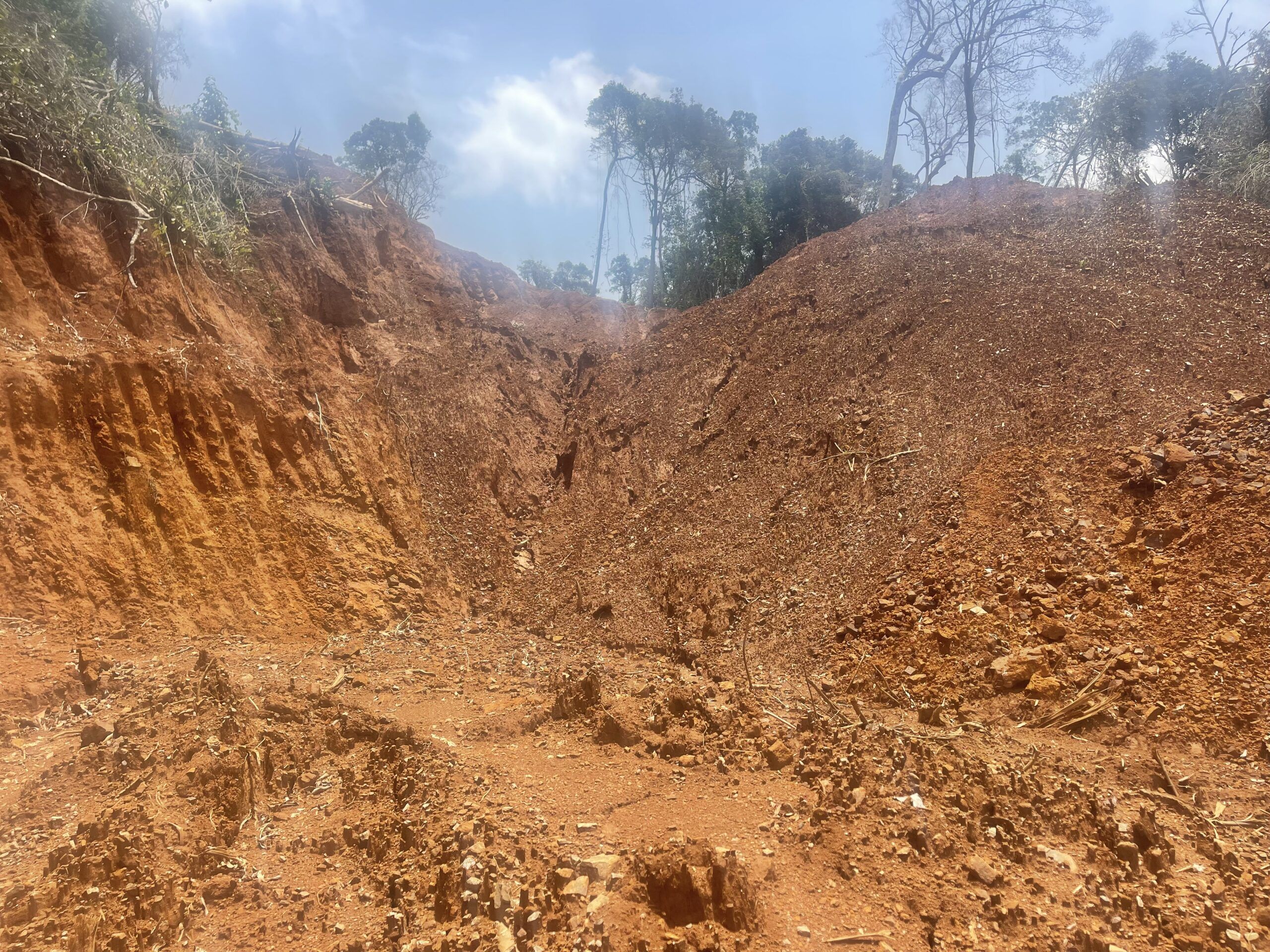
Olivier Ndoole Bahemuke wins prestigious award for human rights defenders
Olivier Ndoole Bahemuke is a Congolese environmental and human rights defender who has dedicated his life’s work to advocating for environmental rights, land rights and land justice, especially in and around Virunga National Park. Last week, Olivier was awarded the Front Line Defenders Award 2023.
Photo © Conor McCabe
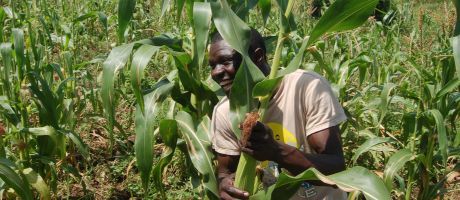
Agriculture Manifesto: offer prospects for sustainable farmers worldwide
The Dutch Agriculture Agreement currently under development focuses exclusively on the Netherlands. A group of 60 civil society organizations and scientists advocates to offer prospects for sustainable farmers and consumers worldwide. They outline what an international strategy for sustainable agriculture should look like.
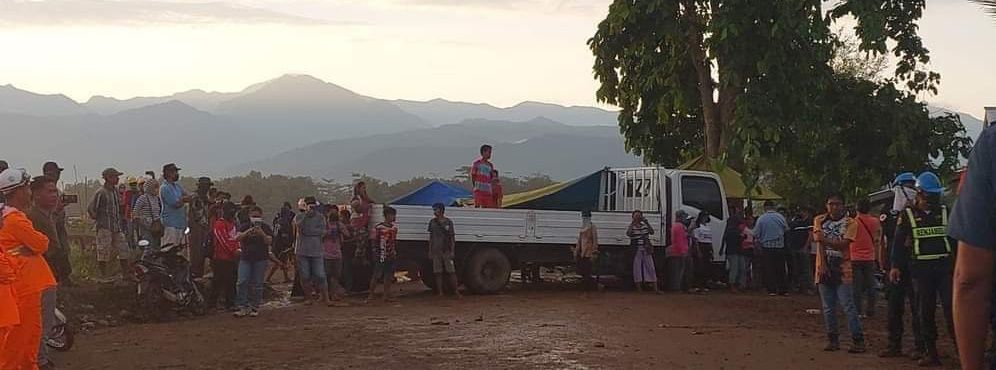
Save Palawan Movement, green groups denounce harassment of local residents
The Save Palawan Movement and the Green Livelihoods Alliance strongly denounce the harassment inflicted by Ipilan Nickel Corporation (INC)’s security forces last April 14, 2023 against local residents of the municipality of Brooke’s Point in Palawan island in the Philippines.
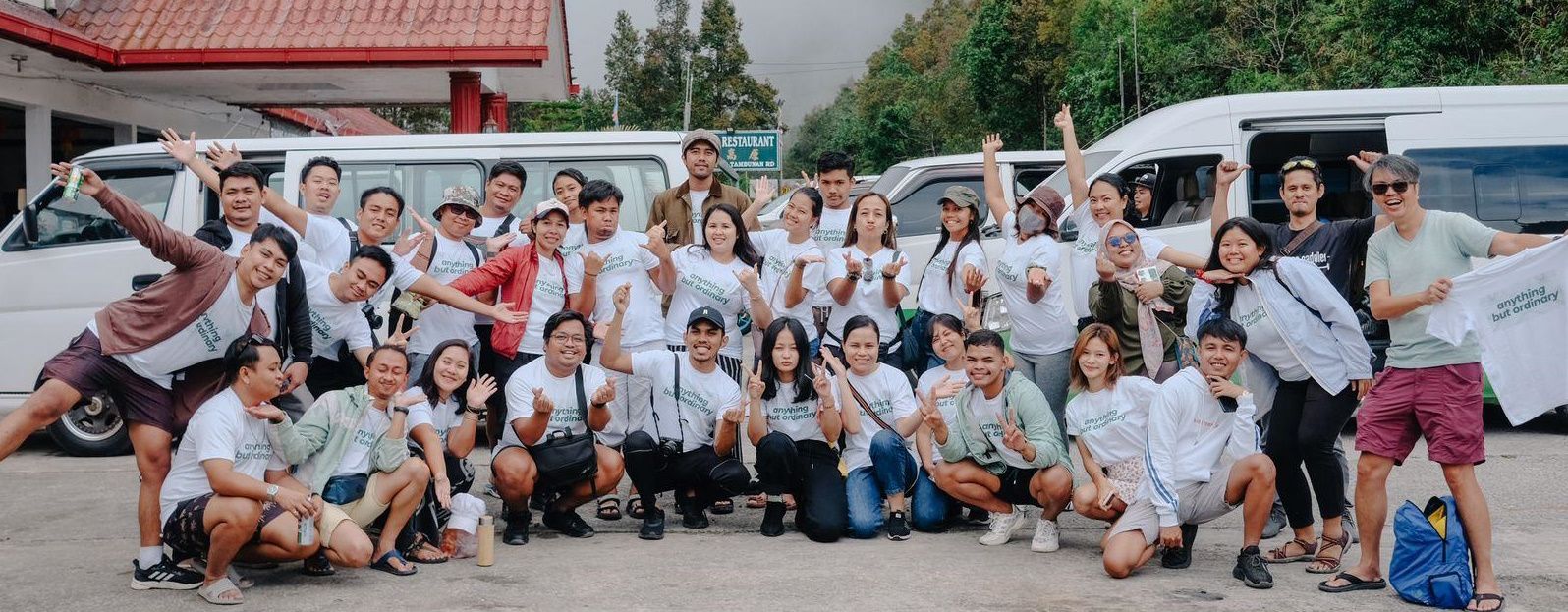
SEA youth join 2nd Regional Camp in Sabah
More than 30 participants (14 male and 18 female) from five different countries participated in interactive discussions and learning sessions during the Youth Engagement and Empowerment Hive in Asia (YEEHA) – 2nd Regional Youth Camp held last 13-19 March, 2023, in the Lomunu Training Center of PACOS Trust in Penampang, Sabah, Malaysia.
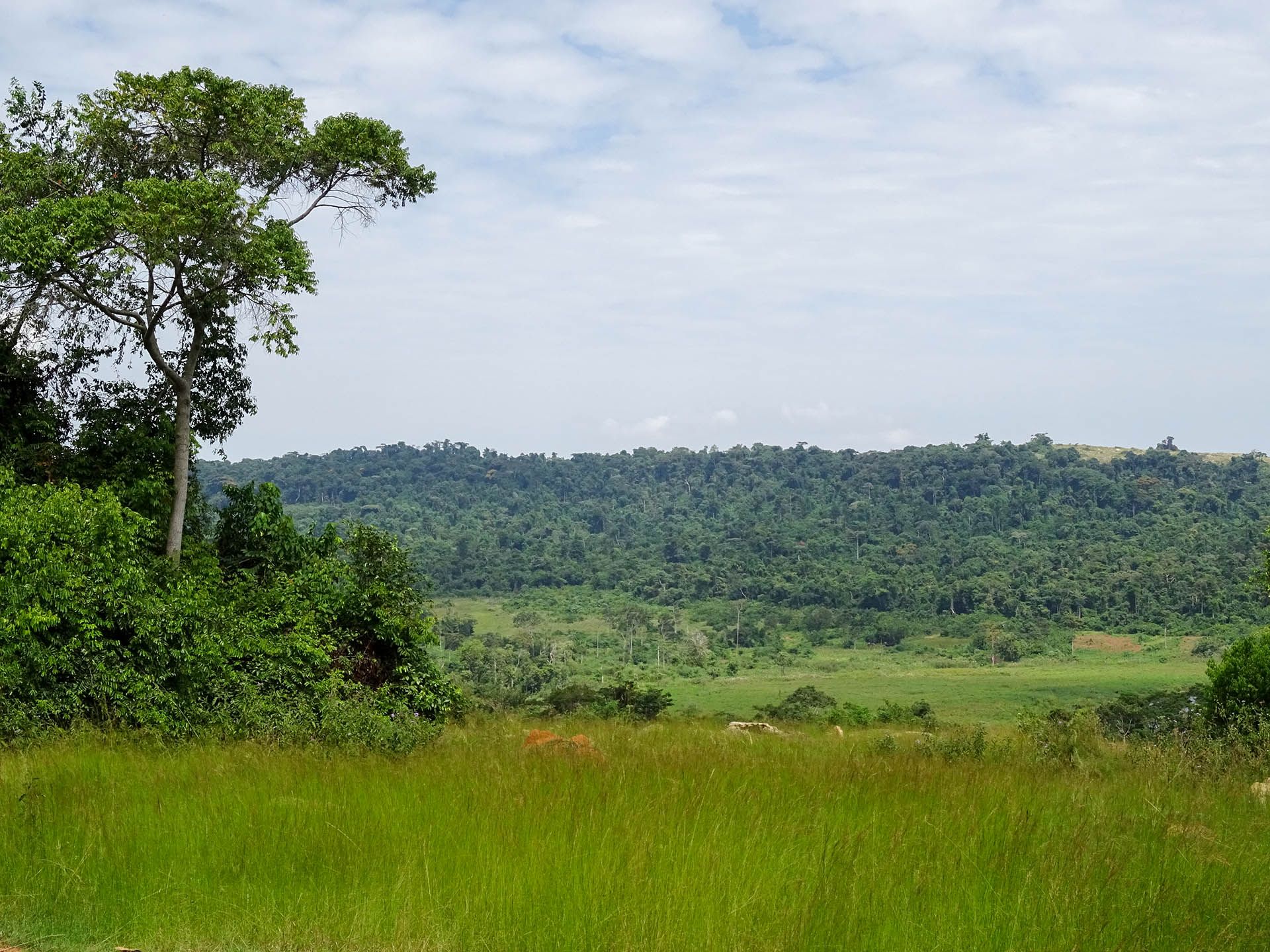
Oil palm cultivation on Buvuma island, Uganda, may cause deforestation elsewhere
Uganda’s Buvuma island, located in Lake Victoria, used to be heavily forested. Between 2000 and 2005, however, the island witnessed rapid land use changes, leaving less than 3% of the area forested.
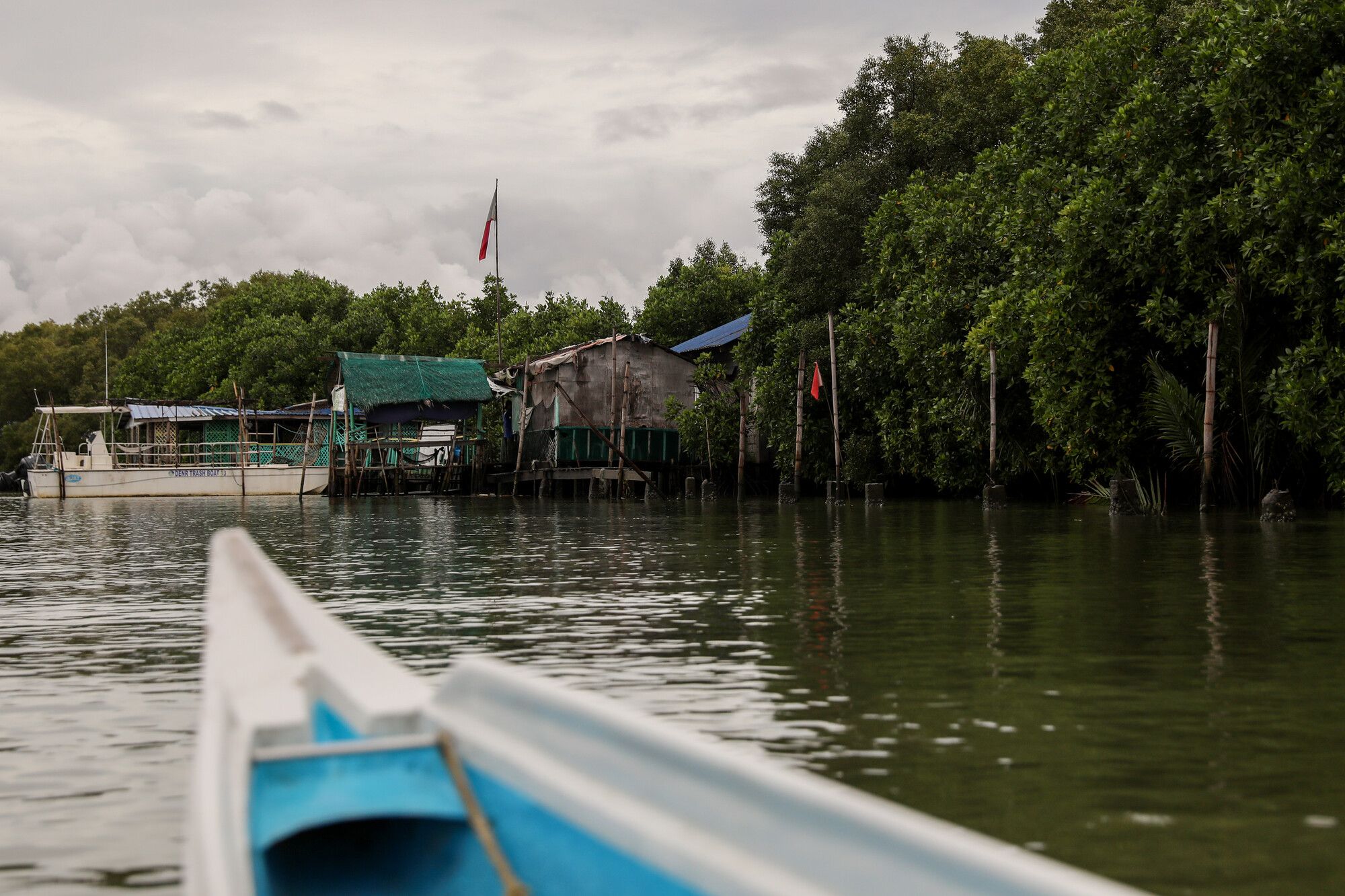
The Netherlands accepts corporate social responsibility recommendations requested by IUCN NL
During the sessions of the UN Human Rights Council, which took place in Geneva over the past few days, the results of the Universal Periodic Review relating to the Netherlands were determined. The results show that the Netherlands accepts almost all the recommendations requested by IUCN NL, Milieudefensie and Stand Up for Your Rights.
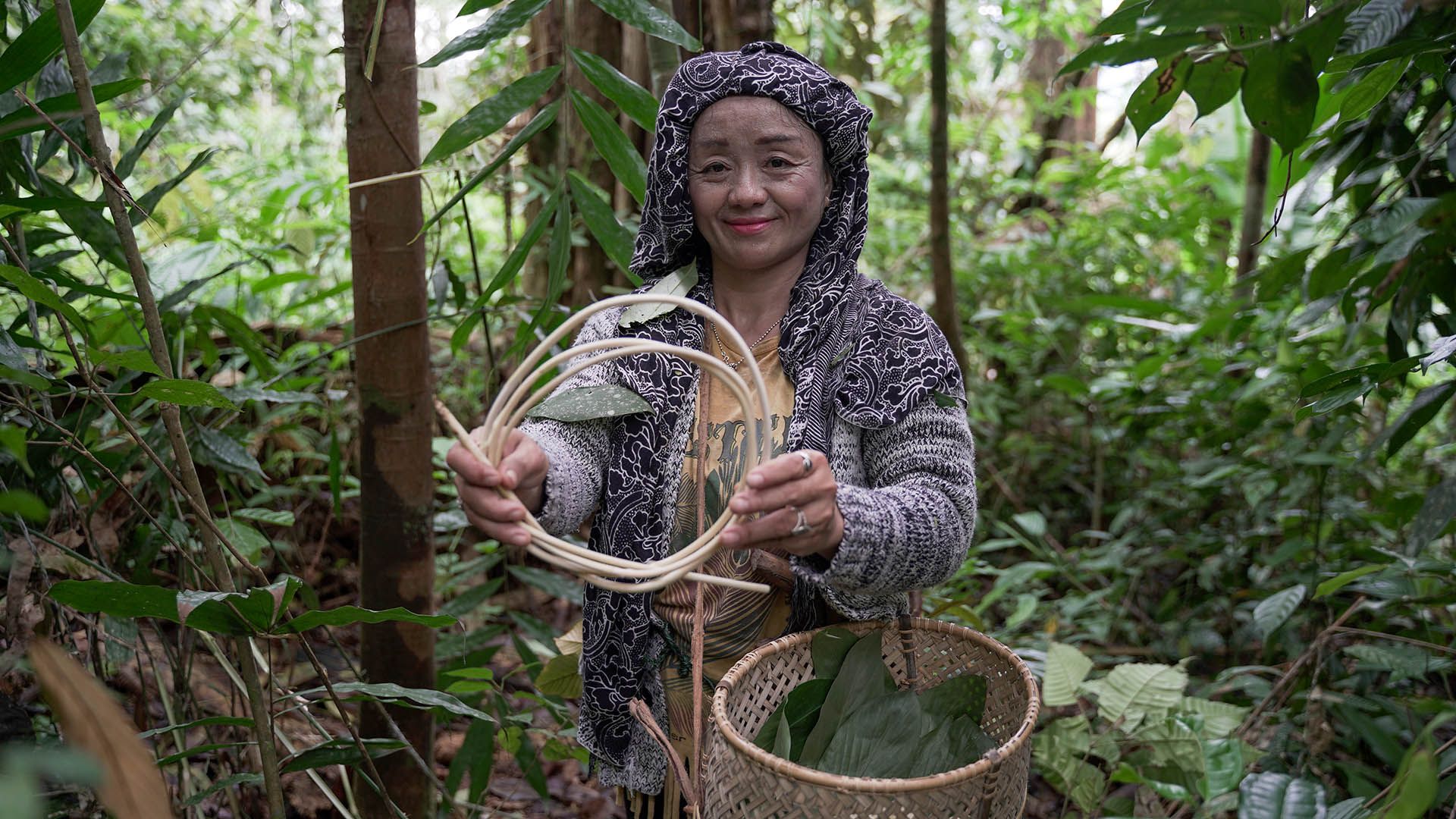
Safeguarding Indigenous lands in West Kalimantan, Indonesia
For generations, the Indigenous Dayak Simpakng of Mekar Raya village in West Kalimantan, have been managing trees and crops in a complex system known as Tembawang. They depend on Tembawang for their livelihoods. It is where they collect fruits, vegetables, and materials for weaving baskets. It is also where they get clean water from numerous springs. To them, the Tembawang area is sacred and needs to be protected as part of their life support system and culture.
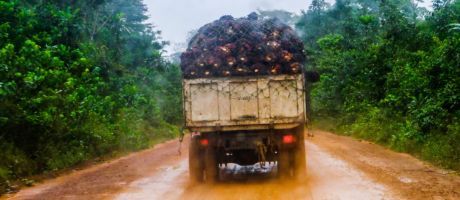
Major palm oil company withdraws from anti-deforestation initiative
Golden Agri-Resources (GAR), one of the world’s largest palm oil producers, has withdrawn from the High Carbon Stock Approach Group, (HCSA Group). HCSA Group is a sustainability watchdog and standard-setting body that works to prevent deforestation.

